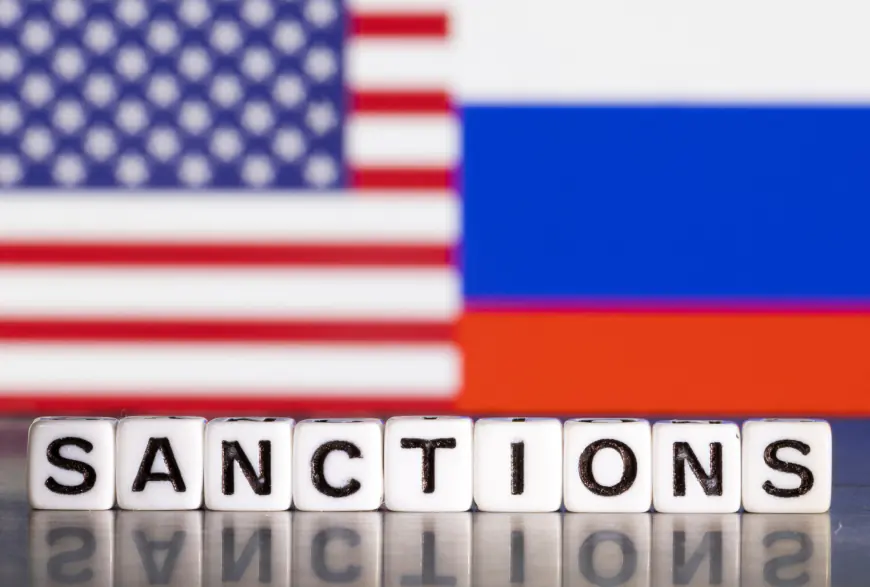What makes crypto so perfect for evading sanctions?
Crypto has become the go-to for countries looking to dodge sanctions, and it’s not hard to see why. Bitcoin is a middle finger to traditional financial systems—untouchable, unstoppable, and often untraceable. Russia, Iran, and North Korea are all using ir to slip past economic barriers. Cryptocurrencies operate on networks where no one is in charge. […]

Crypto has become the go-to for countries looking to dodge sanctions, and it’s not hard to see why. Bitcoin is a middle finger to traditional financial systems—untouchable, unstoppable, and often untraceable.
Russia, Iran, and North Korea are all using ir to slip past economic barriers. Cryptocurrencies operate on networks where no one is in charge. That means no banks, no governments, no regulators breathing down your neck.

Traditional banking systems? Yeah, they’re regulated to the core. Transactions are watched like a hawk, making it easy for authorities to freeze assets or block money transfers. But with crypto, it’s all about peer-to-peer transactions.
You can send and receive money directly without anyone sticking their nose in your business. And this is exactly what makes it so attractive for countries facing heavy sanctions.
The crypto edge
Then there’s the borderless nature of crypto. It doesn’t care one bit about geography. You can send Bitcoin across the globe without worrying about borders or regulations.
This is huge for people and entities in sanctioned countries who need to get around the limitations imposed by their local financial systems.
You don’t have to worry about local laws when you’re dealing with crypto—it’s like having a passport that lets you travel anywhere without being checked.

What also makes crypto a solid choice for evading sanctions is the limited oversight and regulation. Historically, the crypto market hasn’t been watched as closely as traditional financial markets.
Sure, things are changing, but for now, there’s still a lot of leeway. You can trade a bunch of cryptos without having to jump through all the hoops that banks and financial institutions make you go through.
And let’s not forget about mixing services. These are the ultimate tool for laundering crypto. Users can send their coins to a mixer, where they’re thrown into a pool with other people’s coins and then sent back out, all mixed up.
It’s like shaking a jar full of different colored marbles—good luck figuring out where each one started. This makes it tough to trace where the funds came from, letting sanctioned entities move money around without getting caught.
Real-world examples
It’s not a theory anymore. Countries are doing this for real. Take Iran, for instance. They’ve been using Bitcoin to keep their economy going while being cut off from the global banking system.
Bitcoin lets them keep trading internationally without needing to use traditional financial channels that are closed off to them because of sanctions.
Then there’s North Korea. They’ve been all over the news for cyberattacks and ransomware, specifically targeting cryptocurrency exchanges.
They steal a ton of crypto and use it to fund their regime, which is getting hit hard by sanctions. These digital heists are a lifeline, helping them dodge the economic bullet.

Russia isn’t sitting this one out either. After the Ukraine conflict started and America’s sanctions came, Russia started looking at creating a national digital currency.
They’ve also gotten into mining, trying to generate revenue in ways that sanctions can’t touch.
Venezuela is another player in this game. They went as far as creating their own cryptocurrency, the Petro, in a desperate bid to bypass sanctions and stabilize their economy, which has been going down the drain due to hyperinflation.
The idea was to have a digital currency that isn’t tied to their collapsing bolívar, giving them a way to navigate financial isolation.
In 2023 alone, about $14.9 billion in crypto transactions were tied to sanctioned entities. That’s 61.5% of all illicit transactions that year.
What's Your Reaction?









































































































